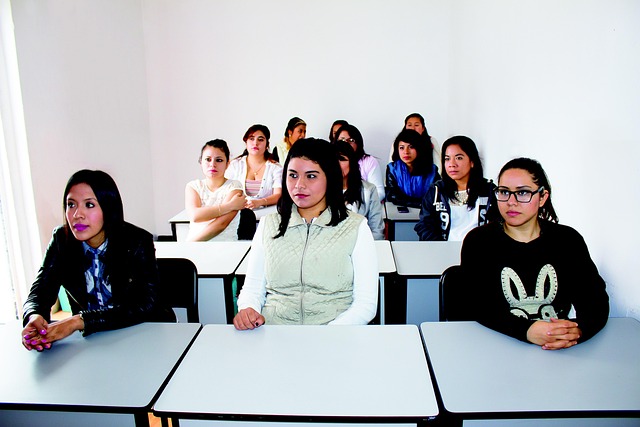Event Management Degrees: What to Expect
Event management degrees combine practical training and industry knowledge to prepare students for planning, running, and evaluating events across sectors. Programs introduce core topics such as logistics, marketing, budgeting, and risk management while offering hands-on experience through projects, internships, or placements. Graduates often move into roles in corporate events, hospitality, festivals, not-for-profits, or run their own businesses.

What is event management?
Event management covers the process of designing, organizing, and delivering events of various sizes and purposes, from conferences and trade shows to weddings and public festivals. Study typically explores supply-chain coordination, client relations, venue operations, and attendee experience. The field intersects with hospitality, marketing, public relations, and operations, and requires both strategic planning and attention to practical details such as scheduling, staffing, and on-site problem solving.
How does education prepare students?
Education in event management blends classroom theory with applied learning. Coursework often includes modules on marketing, finance, contract law, hospitality, and technology for events, alongside simulation exercises and real-world projects. Many programs incorporate internships or industry placements to build professional networks and practical skills. Delivery formats vary widely—full-time degrees, part-time study, and online courses—so students can choose routes that fit work commitments or geographic constraints.
Which degree options exist?
Degree options range from short certificates and diplomas to undergraduate and postgraduate programs. Undergraduate degrees (often called a BA or BSc in event management or hospitality) provide foundational knowledge, while postgraduate degrees and MBAs with a specialization offer advanced strategy and leadership training. Short courses and micro-credentials target specific skills such as festival production or digital-event platforms. Professional certifications from industry bodies are also available for ongoing career development and credentialing.
How can a degree influence career choices?
A degree can open pathways into roles such as event coordinator, conference manager, venue operations lead, festival director, or corporate events specialist. It also supports careers in related areas like sponsorship sales, event marketing, and visitor experience. Employers often value practical experience, so internships and portfolio work completed during study can be decisive. Networking through industry placements and alumni connections frequently helps graduates find positions with agencies, venues, corporations, and local services in your area.
What planning and practical skills are taught?
Programs emphasize concrete planning skills: budget development, supplier negotiation, timeline creation, and risk and safety assessment. Students learn venue selection, logistics coordination, staffing and volunteer management, and legal and contractual considerations. Increasingly, curricula cover event technology—registration systems, mobile apps, and virtual-event platforms—and topics like sustainability and accessibility. Soft skills such as communication, leadership, problem-solving, and customer service are woven throughout, reflecting the dynamic, client-facing nature of event work.
Conclusion
Event management degrees offer a structured way to gain both the theoretical understanding and practical experience needed for a range of roles in the events sector. They combine discipline-specific coursework with hands-on projects that build a professional portfolio and industry connections. Choosing between certificates, undergraduate degrees, and postgraduate options depends on current experience, career goals, and the level of responsibility one seeks. Continuous learning—through workshops, professional certifications, and on-the-job practice—remains important in a field that adapts to new technologies, audience expectations, and regulatory environments, helping graduates stay effective when working with local services or coordinating events in your area.




